Rosette La Vedette ambassador Annemie Ceulemans, Mieke to her friends, suddenly found herself on the other side of healthcare when she was diagnosed with breast cancer. “Going from being a nurse to being a patient wasn’t easy,” she shares. Annemie stays strong by also looking for humor and lightness in the middle of it all: “Laughter really does heal, doesn’t it?”
Hi Annemie, how are you feeling today?
Annemie Ceulemans: “I feel quite tired. When all my cancer treatments were over, I went through a bit of a dip. The physical fatigue is so frustrating. I’m eager to go back to work, though it will have to be progressive — part-time and adapted to my situation. I still struggle with chemo brain: I sometimes have trouble finding my words and experience memory issues. Step by step, that’s my motto now. You know, I didn’t expect to come out of this stronger, but that’s how it feels. At the same time, I also feel more vulnerable: cancer leaves both visible and invisible scars.”

How was it for you to hear that you had cancer?
“My mental state was kind of a mess,” she laughs. “Thankfully, my partner was with me as a second pair of ears, because I couldn’t take in all the information. Until the diagnosis, I thought it was probably just a cyst or an inflammation. When I first felt something in my breast, I didn’t even go to the doctor right away. Not great, of course. When the news finally came, it was followed by a hectic month of tests to figure out what my treatment plan would be.”
Your treatment started with intense chemotherapy. How did that go?
“After the very first chemo session, I lost my sense of taste. I love cooking and eating, so that was really hard. It felt like a source of joy had been taken away. During my treatment, I also discovered I have diabetes. The chemo and cortisone triggered it. That was quite a blow.”

Being a nurse yourself — is that an advantage or a disadvantage when you become a patient?
“Sometimes one, sometimes the other. The question many cancer patients ask themselves — ‘Why me?’ — I never asked that. From my work, I know it’s simply bad luck. That pragmatic outlook is definitely an advantage. The downside is that I have trouble letting go of control. I’m quite perfectionistic and a bit of a control freak, which doesn’t make things any easier,” she laughs.
Suddenly you’re no longer in control, right?
“As a patient, you’re really just along for the ride. Your schedule is decided for you, and you have to go along with it. Step by step, day by day. There’s barely any time for other things. You only realize this afterward. In the moment, you’re just focused on not giving up. There’s no other choice.”

Who or what have been bright spots or sources of strength for you?
“My partner, first and foremost. He’s so caring, even when he’s having a hard time himself. We communicate well and have actually grown closer because of my illness. My animals have been a huge comfort too: three cats, rabbits, guinea pigs, chickens. When I pet them or watch their silly antics, I can literally feel the stress leave my body. My partner and I also like to be silly together and keep things light. Laughter really does heal, doesn’t it? My family helps wherever they can, and I get a lot of support from close friends and colleagues. And then there’s my passion for gardening. Working in our garden relaxes me while also giving me an energy boost. Every day, I take a walk around the plants and trees to see how everything is waking up and growing. Digging in the soil and watching life around me — birds, bees, bumblebees, butterflies — makes me genuinely happy.”
Did a beautiful chemo hat help lift your spirits too?
“When my hair started falling out, whole clumps at a time, I wasn’t fully prepared for it. In a panic, I called the hospital, and someone brought me a spare chemo hat. That very same day, I ordered my own. A wig felt like too much hassle. With hats, you can easily mix things up. You just pop one on, and you’re ready to go. If it’s dirty, you simply throw it in the washing machine. Over time, I built up a collection in all sorts of colors and patterns. I loved matching them to my outfits because it made me feel better. With a stylish chemo hat, a nice outfit, and good accessories, you feel ready to go out and face the world again.”

Who gave you valuable advice during your treatment period?
“Definitely the oncology team at the hospital, but also fellow patients. During oncological rehab, for instance, I could talk about anything. We shared experiences and exchanged tips. What advice would I give others? Listen to your body and rest when you need to. Don’t be afraid to say no to invitations from family or friends if you feel it will take too much energy. And don’t hesitate to ask for help — it doesn’t always come naturally, but it’s so important.”
How was it to take part as a one-day model in the Rosette La Vedette photoshoot?
“Participating in the photoshoot sounded fun, but I hesitated. I’m quite shy and wasn’t sure I’d have the courage. But opportunities like that don’t come around often, and I figured the chances of being chosen were slim,” she laughs. “In the end, I was selected, and it turned out to be such a wonderful day. Even though I was tired, I still enjoyed it so much. I felt comfortable right away and have such beautiful memories of that day: the warm, supportive atmosphere, the experience of being styled and pampered, and the gorgeous photos as the end result. I’d absolutely recommend it!”
[photos: fall'23 - interview: spring'24]
If you’d like to experience a one-day photoshoot with a professional photographer, stylist, and makeup artist, make sure to follow us on Facebook and Instagram. From time to time, we’re looking for models-for-a-day to join our campaigns.

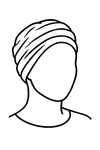
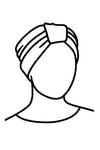
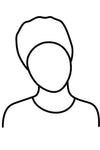
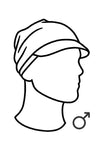
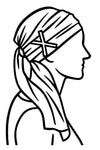
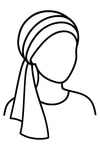
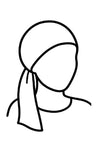
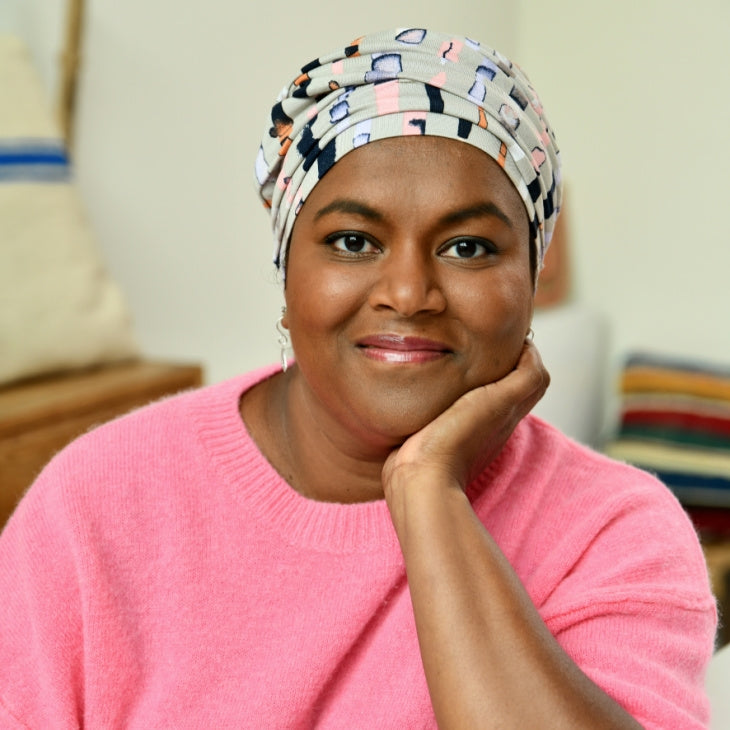
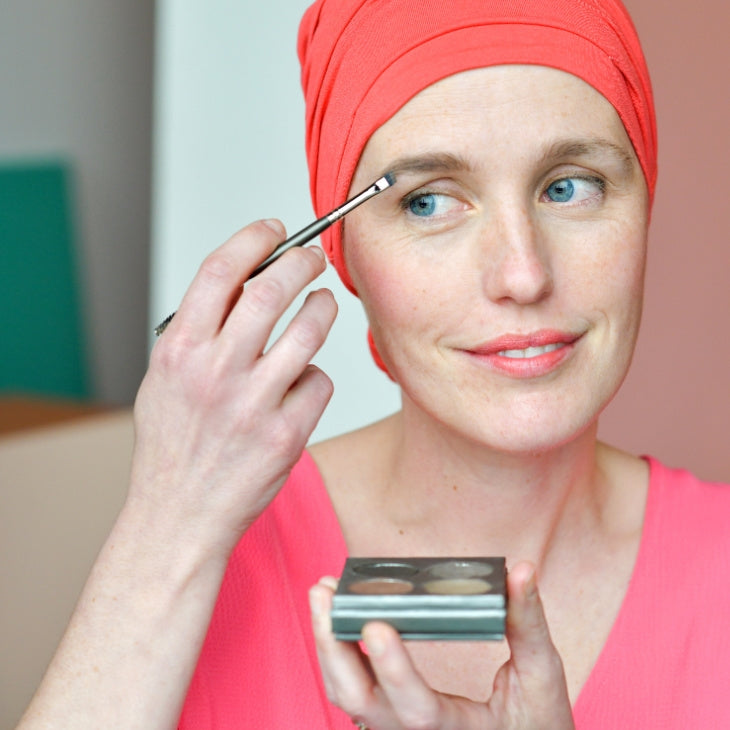
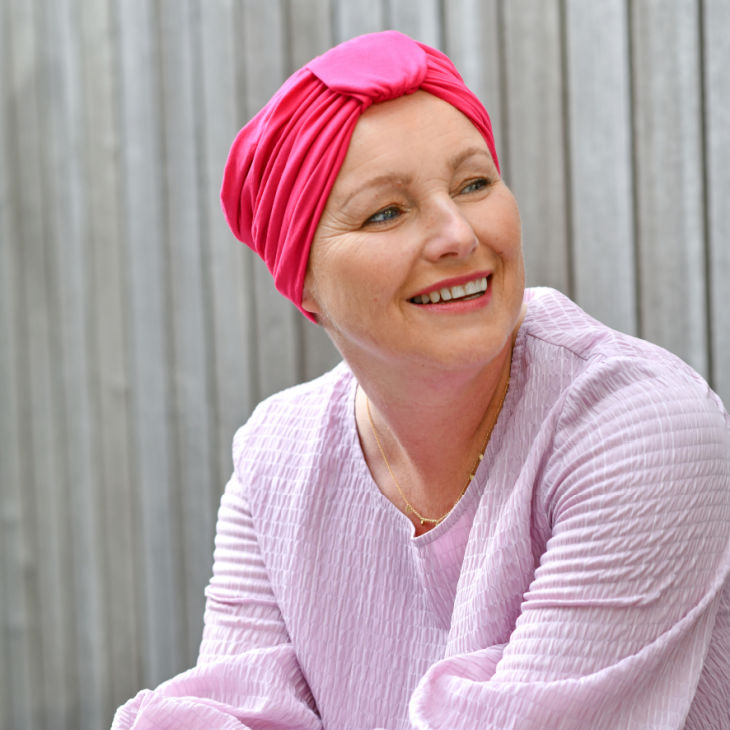
Leave a comment
All comments are moderated before being published.
This site is protected by hCaptcha and the hCaptcha Privacy Policy and Terms of Service apply.